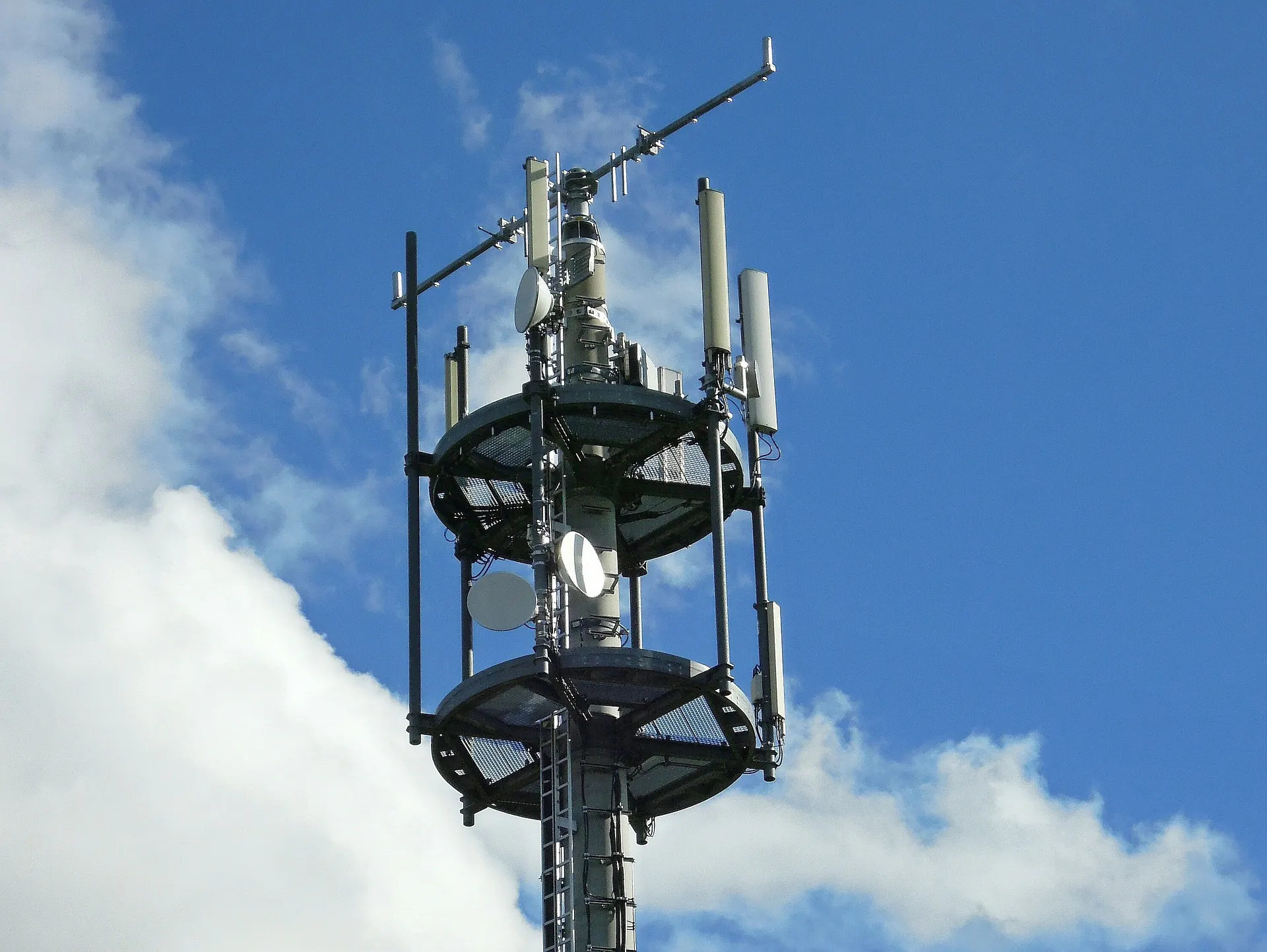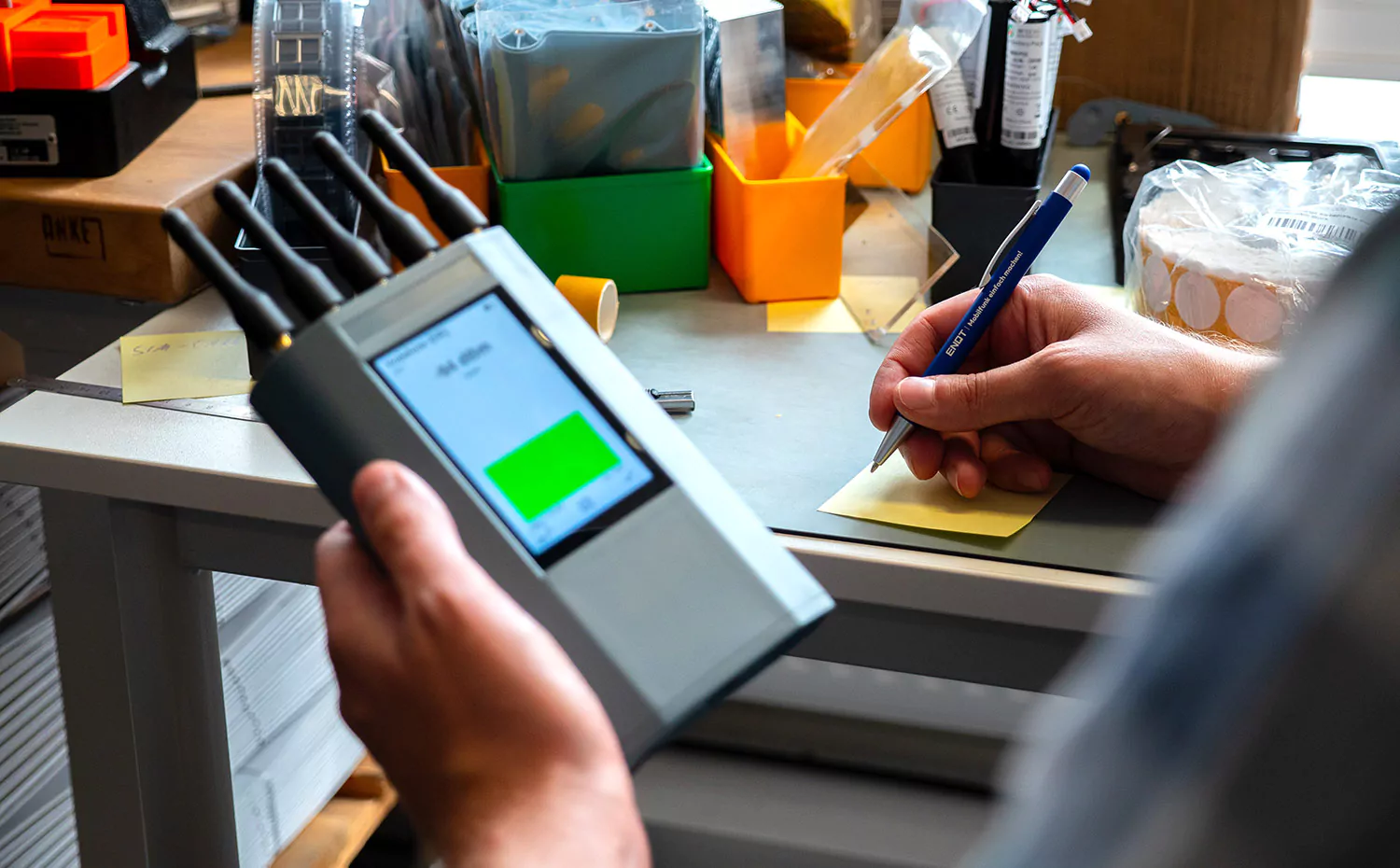However, not all network operators are fundamentally enthusiastic about national roaming. In the following article, we explain what national roaming is, what advantages it offers, and what the current situation is in Germany.
What is national roaming?
Roaming is familiar to many smartphone owners from their last stay abroad. Roaming abroad allows you to use the mobile networks available there. The term national roaming refers to the possibility of using the mobile networks of other operators in addition to the network of one’s own provider. If there are corresponding agreements between the providers or if the SIM card enables national roaming, mobile subscribers can make calls, transfer data or send text messages in the networks available to them. Depending on how national roaming is implemented, the use of additional networks may incur additional costs.
What are the advantages for consumers of national roaming?
National roaming has numerous advantages for mobile phone users. Consumers have access to the network with the best features at any given location. If a network operator does not offer radio coverage in a particular location, the mobile device can connect to one of the other mobile networks available there. The number of dead spots and white spots is reduced. Customers benefit from generally better network coverage and the best possible connection quality. In addition, the energy consumption of mobile devices is reduced, as communication is possible with lower transmission power in an alternative mobile network with better radio coverage. It is not necessary to swap SIM cards to change the mobile network. A single SIM card allows the use of multiple networks.
Why isn’t everyone enthusiastic about national roaming?
Despite the many advantages, not everyone is fundamentally enthusiastic about the possibility of national roaming. Network operators in particular are resisting a mandatory requirement for national roaming, as has been discussed for 5G networks. They fear that the competition will profit from their own well-developed network and make no effort to build up their own radio coverage in unattractive locations. In the worst case, a roaming obligation could lead to a reduction in investment in the networks and network operators concentrating on lucrative locations with many potential customers. So far, German network operators have successfully resisted an obligation to roam nationally. They want to decide for themselves whether and at which locations they cooperate with a competing provider.
National roaming and 5G
With the frequency auction for the new 5G networks, 1&1 Drillisch joined Deutsche Telekom, Vodafone and Telefónica Deutschland as the fourth network operator to receive permission to build and operate its own mobile network in Germany. However, since Drillisch will be busy for some time installing the network and bringing it into the country, the network provider has concluded a national roaming agreement with Telefónica. This allows Drillisch customers to use Telefónica’s mobile network in places where no 1&1 Drillisch network is available. So coverage for Drillisch customers is assured. However, the agreement only applies to 2G, 3G and 4G mobile coverage.
The current situation of national roaming in Germany
In addition to the agreement between Telefónica and Drillisch mentioned in the previous paragraph, there have been and still are other cooperations between network providers in Germany with regard to national roaming. For example, national roaming was used extensively after Telefónica’s acquisition of E-Plus. Until the final merger of the Telefónica (O2) and E-Plus networks, customers were able to use both networks thanks to national roaming. There has also been cooperation between Deutsche Telekom and Vodafone since 2020. At selected locations, Vodafone and Telekom share their infrastructure. Customers benefit from active network sharing. Both network providers avoid the term national roaming. Cooperation is also planned between Telekom and Telefónica Deutschland and between Vodafone and Telefónica Deutschland at certain locations. The network operators’ main aim with these cooperations is to close white spots for their customers in selected locations.
There is also a need for national roaming in the area of machine-to-machine communications (M2M) and the Internet of Things (IoT). In each case, the best possible connection quality should be available at all locations in Germany to ensure reliable connectivity for devices and applications. Some companies offer special M2M or IoT SIMs with national roaming capability. Equipped with these SIM cards, the devices communicate in any German mobile networks. Some providers use the trick of registering the SIM cards with foreign providers. In principle, all German mobile networks can be used with these SIM cards, without the need for special agreements on national roaming, since from the SIM card’s point of view the selection of German networks is international roaming. However, these SIM cards may result in higher costs or communication charges.



